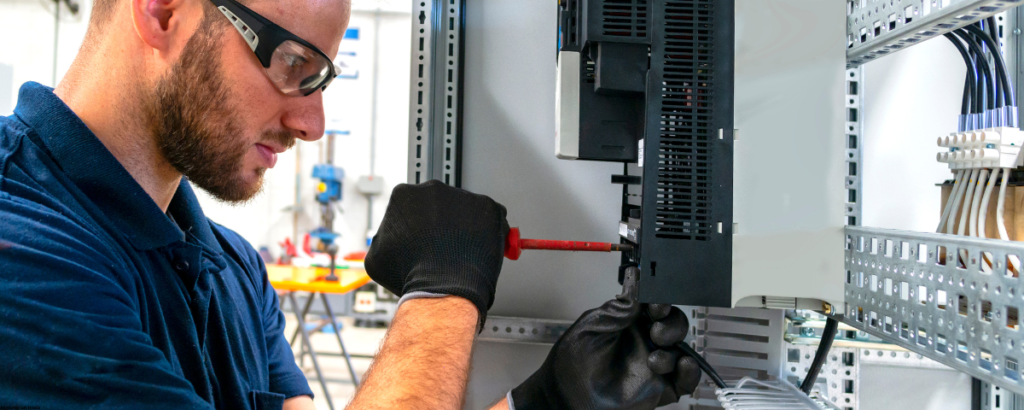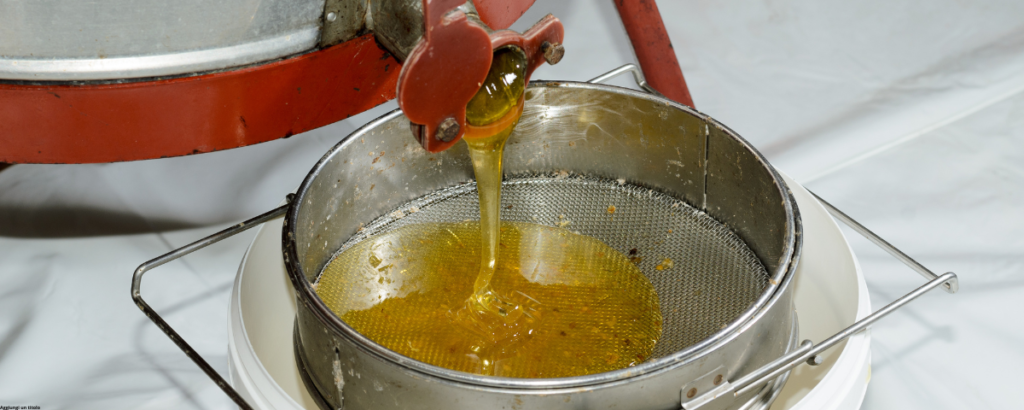Animal welfare and organic milk: a commitment to quality and sustainability
Animal welfare and organic milk: A commitment to quality and sustainability In the modern world, consumers are increasingly attentive not only to the quality of the food they consume, but also to the ethics behind its production. Among the products that most reflect this awareness is organic milk. This product, produced respecting animal welfare, represents a perfect combination of health, ethics and sustainability. But what exactly does it mean to produce organic milk in a way that respects the welfare of cows? And what are the benefits for consumers and the environment? In this article, we explore how animal welfare is closely linked to the quality of organic milk, an issue close to the heart of our company, Opportunity, which strives every day to improve production processes in the food and beverage industry. Cow Welfare: A Priority When it comes to organic milk, the health and welfare of cows is at the centre of everything. Farms producing this type of milk adopt farming practices that respect the natural rhythms of the animals, avoiding the use of growth hormones and antibiotics as a matter of routine. Organic dairy cows are raised in environments that promote their well-being, with access to fresh air and pastures where they can feed on fresh grass. This type of management not only ensures that the animals live in better conditions, but also contributes to producing higher quality milk. One of the key aspects of animal welfare is feed management. Organic dairy cows are fed fodder that does not contain chemical pesticides or synthetic fertilisers, and pasture rotation practices are followed to ensure that the land is not over-exploited. This focus on natural, healthy nutrition is reflected in the quality of the milk produced, which is richer in nutrients than conventional milk. The Importance of Avoiding Antibiotics and Hormones Another crucial point in organic milk production is the avoidance of antibiotics and growth hormones. Antibiotics are only used when strictly necessary, to treat specific diseases, and not as a preventive measure. This reduces the risk of the development of antibiotic-resistant bacteria, an increasing problem in both veterinary and human medicine. Growth hormones, often used in conventional production to increase milk yield, are banned in organic production. The use of such hormones can not only have negative effects on the health of cows, but can also alter the composition of the milk. Organic, hormone-free milk is therefore safer and more natural, offering consumers a product that reflects the natural biological cycle of the animals. Benefits for Consumers and the Environment The benefits of organic milk do not stop at animal welfare. Consumers who choose this product are also making a conscious choice for their health. Organic milk has been shown to have a higher content of omega-3 fatty acids, vitamins and antioxidants, essential elements of a balanced diet. Environmentally, organic farming reduces environmental impact through sustainable practices. Limited use of chemicals, pasture rotation and natural water management help preserve biodiversity and reduce pollution. Furthermore, organic farming practices tend to promote soil fertility and combat erosion, which are key to maintaining a healthy and productive environment in the long term. Opportunity’s Commitment to the Sector As a company committed to improving production processes in the food and beverage industry, Opportunityrecognisesthe importance of animal welfare and organic production. We believe that an ethical and sustainable approach not only contributes to a better world, but also offers a higher quality product to our customers. We work closely with organic dairy farmers to ensure that their practices meet the highest animal welfare standards, providing them with the technology and knowledge they need to continuously improve. We understand that today’s consumers seek transparency and authenticity, which is why we are committed to promoting farming practices that respect the planet and its inhabitants. We believe that the quality of the final product is closely linked to the way it is produced, and our goal is to support a food industry that lives up to the expectations of modern consumers. Animal welfare and organic milk are highly relevant issues in today’s context, where health, ethics and sustainability have become key criteria in consumer choices. As a company, Opportunity is committed to supporting and improving farming practices that respect these values, offering innovative and sustainable solutions to our partners. Choosing organic milk not only means making a quality choice for your food, but also supporting a production system that puts animal welfare and the health of our planet first.
Animal welfare and organic milk: a commitment to quality and sustainability Read More »










